Global tuna supply chain companies sent a clear directive to the Inter-American Tropical Tuna Commission (IATTC) to not lose any momentum in accelerating harvest strategies and improving the transparency and traceability of tuna during a roundtable discussion on Thursday, organised by the Global Tuna Alliance (GTA).
The GTA is a pre-competitive independent group of retailers and tuna supply chain companies with an interest in ensuring that tuna ultimately meets the highest standards of environmental sustainability and social responsibility. The roundtable was a chance for IATTC delegations to hear the demands of the market ahead of the 100th session of the IATTC, which takes place next week. This crucial meeting will be an opportunity for the governing body which manages tuna stocks in the eastern Pacific Ocean to build from progress made last year, when it adopted conservation measures for two tropical tuna species, bigeye and yellowfin.
During the 30 minute discussion, GTA Partners, of whom 30% of all tuna produced globally passes through, called on the present IATTC delegations from Chile, Ecuador and Mexico to support proposals aligning with the GTA’s asks, which can be found in their position statement. The GTA wants to see better managed and designed fish aggregating devices (FADs) to minimise any harmful impacts on ocean life. They are also requesting the implementation of a precautionary harvest strategy for North Pacific albacore.
Their primary ask is to build off the progress of the Port State Measure adopted last year and bring in a range of other reforms around transshipment and electronic monitoring. The GTA is committed to improving transparency and traceability of tuna caught in the eastern Pacific Ocean with the objective of ending the scourge of Illegal, Unregulated and Unreported (IUU) fishing.
During the roundtable, Joe Prosho, Sustainability Manager at Morrisons said: “Sustainable tuna and sustainable sourcing in general is a fundamental expectation from customers. For over a decade, we’ve been committed to responsible seafood sourcing, and this is part of a bigger, broader commitment that a lot of the United Kingdom’s buying sector has backed generally, which means we pay close attention to the detail of the sustainability of the fisheries that we are buying from. “You [the delegations] have got a really important role to play in helping set the regulations that’ll impact our future viability to source from these fisheries.
In a statement, Dean Holzer, President of D&E Import, emphasised the significance of tuna traceability, saying: “Consumers are inundated with options when it comes to shopping for groceries. A deepening consideration for them is where their food has come from and if the harvesting process is sustainable, and tuna is no exception. The retailers and eateries we work with are looking for their tuna to be traceable, which is why we’re supporting the GTA’s calls for more electronic monitoring, further transshipment regulations and the advancement of the Port State Measure adopted last year. This would improve our confidence in procuring tuna from fisheries operating in the eastern Pacific.
The GTA’s Director of Outreach, Albert Arthur added: “Measures like electronic monitoring are very important to ensuring that there is a level playing field for tuna fishing vessels operating in the eastern Pacific. Crucially, without these sorts of measures to improve transparency, we’ll be left with an incomplete picture, which makes data-led efforts to reform the industry and implement harvest strategies much more difficult. This is why the Global Tuna Alliance has the ambitious target of requiring 100% human or electronic observer coverage in industrial tuna fisheries by 2024.”
